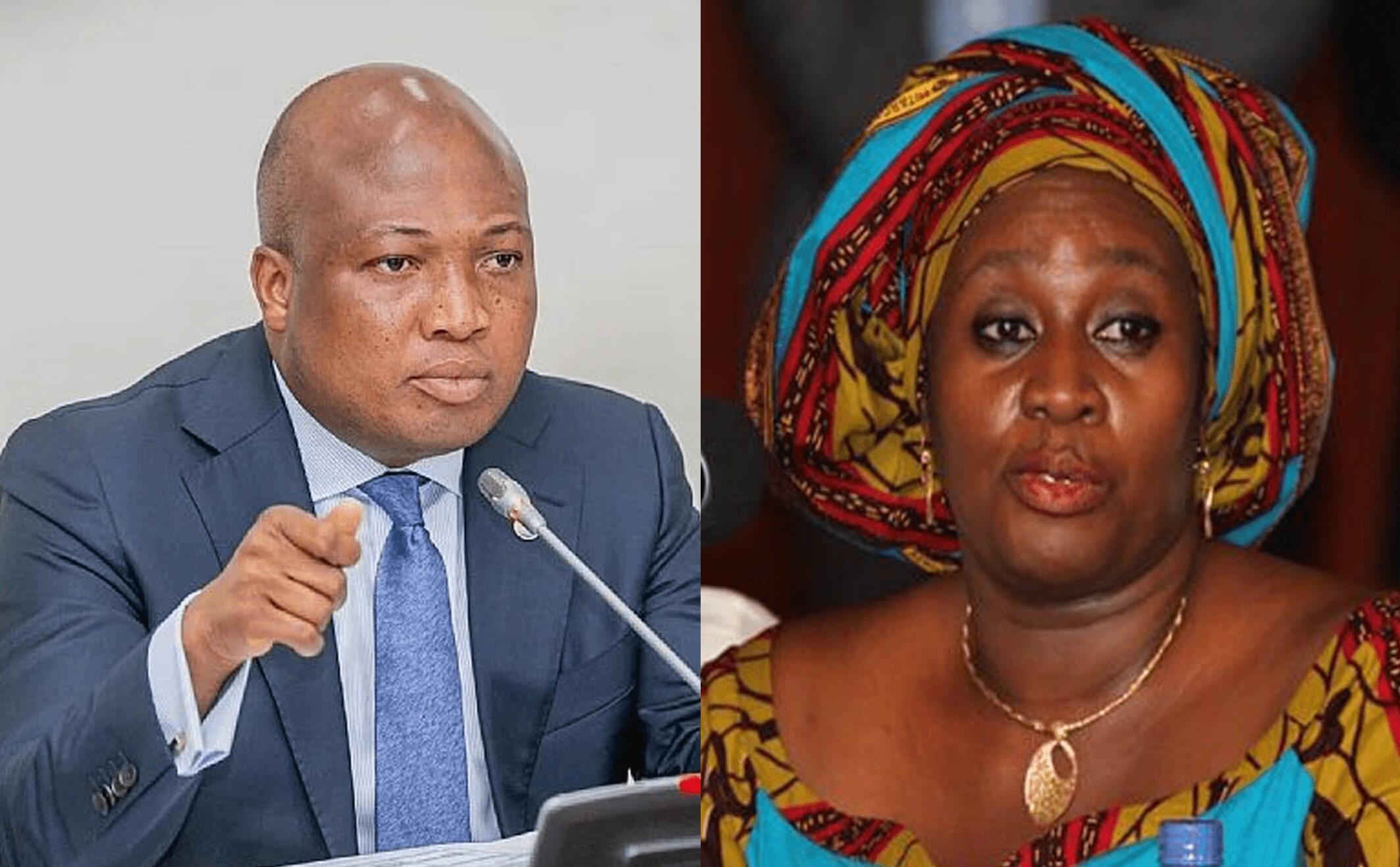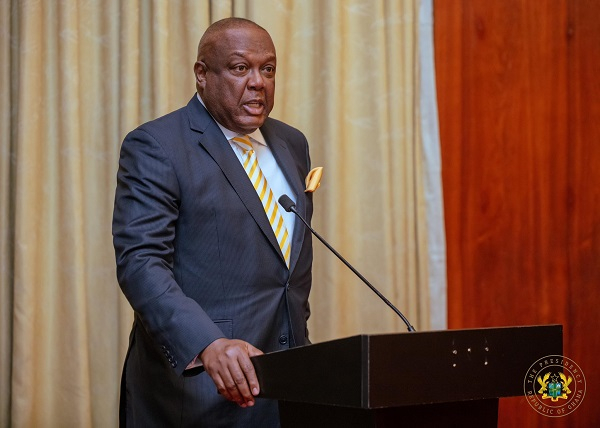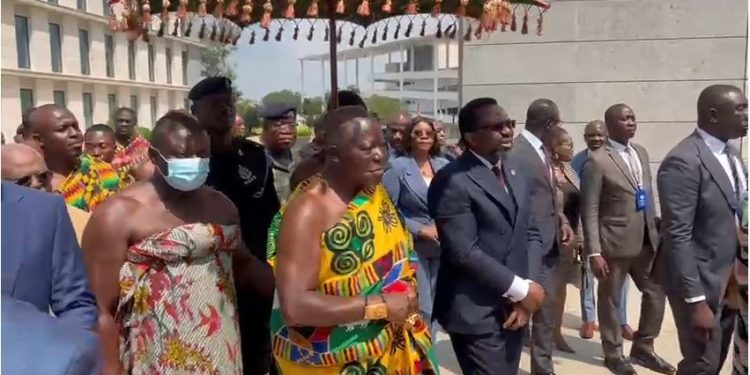Ghana’s Economic Outlook Amid IMF Global Growth Forecasts
In recent business news, Atta Issah, the Member of Parliament for Sagnarigu, has highlighted potential changes in global economic targets due to updated forecasts from the International Monetary Fund (IMF). The IMF projects a global growth rate of 3.3% for 2025, with a gradual decline to just above 3% over the next five years. This figure falls below historical averages, prompting countries like Ghana to potentially revise their economic strategies.
Factors Influencing Global Economic Slowdown
Issah, who is part of Parliament’s Finance Committee, attributes this anticipated slowdown to several key factors. These include aging populations, geopolitical tensions, and tighter financial conditions. For Ghana, currently under an IMF balance of payments support program, these global shifts could affect its economic recovery.
Ghana’s Economic Resilience: Homegrown Solutions and Expenditure Cuts
Despite potential disruptions, Issah believes that adopting homegrown solutions and implementing expenditure cuts, a strategy previously successful under the John Mahama administration, could help maintain Ghana’s growth trajectory.
Insights from IMF-World Bank Meetings
Having participated in the recent IMF-World Bank Spring Meetings in Washington, D.C., Issah shared valuable insights on social media. He emphasized the importance of learning from global economic participants and understanding the Bretton Woods Institutions deeply.
Global Debt Concerns and Trade Tensions
Issah noted the IMF’s growing concern over rising public debt, projected to reach 100% of global GDP by 2030. He urged Ghana to address the challenges of increasing borrowing costs and limited access to international capital markets to sustain investor confidence.
Trade tensions also remain a concern, particularly with uncertainties surrounding U.S. tariff policies. Despite several proposals, no new trade agreements were finalized, posing potential risks to countries like Ghana with significant trade ties with the U.S.
Fiscal and Debt Management in Ghana
Ghana has made significant strides in fiscal consolidation, with plans to achieve a 1.5% GDP surplus in 2025 through enhanced domestic revenue and expenditure control. Debt restructuring efforts continue, with a promising reduction in Ghana’s debt-to-GDP ratio anticipated by the end of 2025.
Energy Sector and Monetary Policy Developments
Issah highlighted the Energy Sector Recovery Programme’s launch, aimed at achieving financial sustainability through renegotiated contracts with Independent Power Producers (IPPs). He also praised
Source: https://www.ghanaweb.com/















